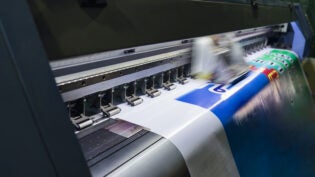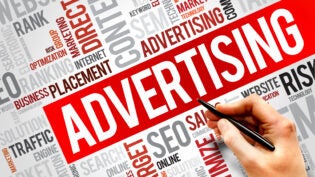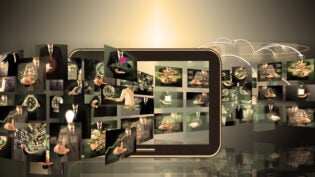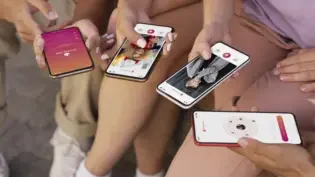
I think the idea of leveraging the power of converged media is both an old and a new idea. Media has changed (to say the least) but the idea of a media mix is hardly a fresh concept.
We’re talking about media differently today and I think that’s smart. The truth is our definition of media hasn’t changed. That suggests it was something and now it is something new. I think about it in terms of a new and constant evolution. What media is today absolutely will not be what media is tomorrow.
And who controls media today, as we’ve seen with the rise of social media and other consumer driven communication tools, is not who will control the media tomorrow.
I believe the brands that learn how to shift back and forth throughout all media, weaving ourselves into all kinds of conversations, are the brands who will be on top in the future.
Let’s explore the big buckets that media is falling into today and how to consider playing in all the buckets.
Earned media is the result of media relations efforts, ad campaigns, events and any content you create and share through social channels that gets picked up, shared or run. It’s also the label we attach to anything your customers or other people who interact with your brand do or say publicly on a review site or social channel. This is also where word of mouth, referrals etc. would be found.
Paid media is, as you might suspect, media coverage you pay for. It could be traditional ads on TV, radio or print publications. It could also be ads you buy to run on the web—banners or paid search, sponsorships etc. If you can completely control the message, the placement and timing, even though you don’t own the advertising vehicle, it’s paid media.
Owned media are those outlets that a brand can create, own and control like their corporate website, blog, enewsletter, sales materials, etc. It would also include your Facebook page, Instagram videos and Twitter account. If you can build, change or completely destroy the channel, it’s owned media.
Related Article: Introducing Earned, Owned and Paid Native Content Discovery
Each type of media on its own can be very effective. But, thanks to how media is now created and consumed we can really leverage our content by converging the media. With some planning and effort you can integrate your marketing process and tactics so that each channel builds off the other.
Let me give you an example. Is Facebook earned, paid or owned media? Actually, it can be any or all of them. You can buy Facebook ads (paid) that drive people to your company’s Facebook page (owned) where they might give you some feedback on their recent experience with your company (earned).
Don’t dismiss this conversation because you don’t want to dabble in social media. If you send out old school media releases, buy ads and have a website, this pertains to you too. Whether you go old school or are on the cutting edge of digital executions, this idea of blending media should be on your radar screen.
Why does this matter? Here are a few reasons.
Converged media saves you money: By repurposing content and using one platform to connect to another, you can compound your investment. Think of it as earning interest on every dollar you spend. You spend money or time (or both) to create an ad, some content etc. and then you just reshape it for a different type of media. Each time you re-use the content, it costs less to revise it and it stacks up with all the other impressions, making it even more effective.
Converged media creates trust: Every survey tells us that consumers trust corporations/companies less than they used to and they are skeptical of paid media when it’s the only place a message is found. But when you mix media types, especially adding in earned media, every message is perceived with more trust. When you add responsiveness to the media mix, you’re golden. It’s difficult not to trust a company who is actively listening and responds when someone reaches out to them.
Converged media lets you connect with prospects and customers: In today’s economy, consumers expect to have access. At a very minimum, they want a form on your website that will be responded to within 24 hours. But ideally, they want to talk to you in real time, via Twitter, Facebook or a live chat on your site. To keep that manageable you can use owned and paid media to provide many of the answers that routinely get asked.












